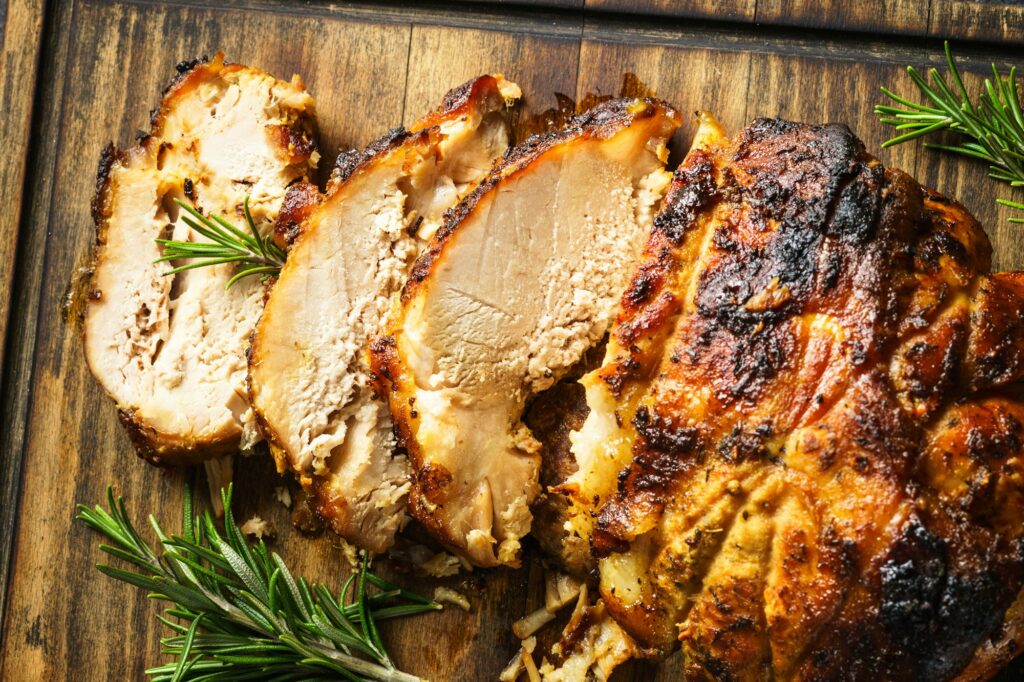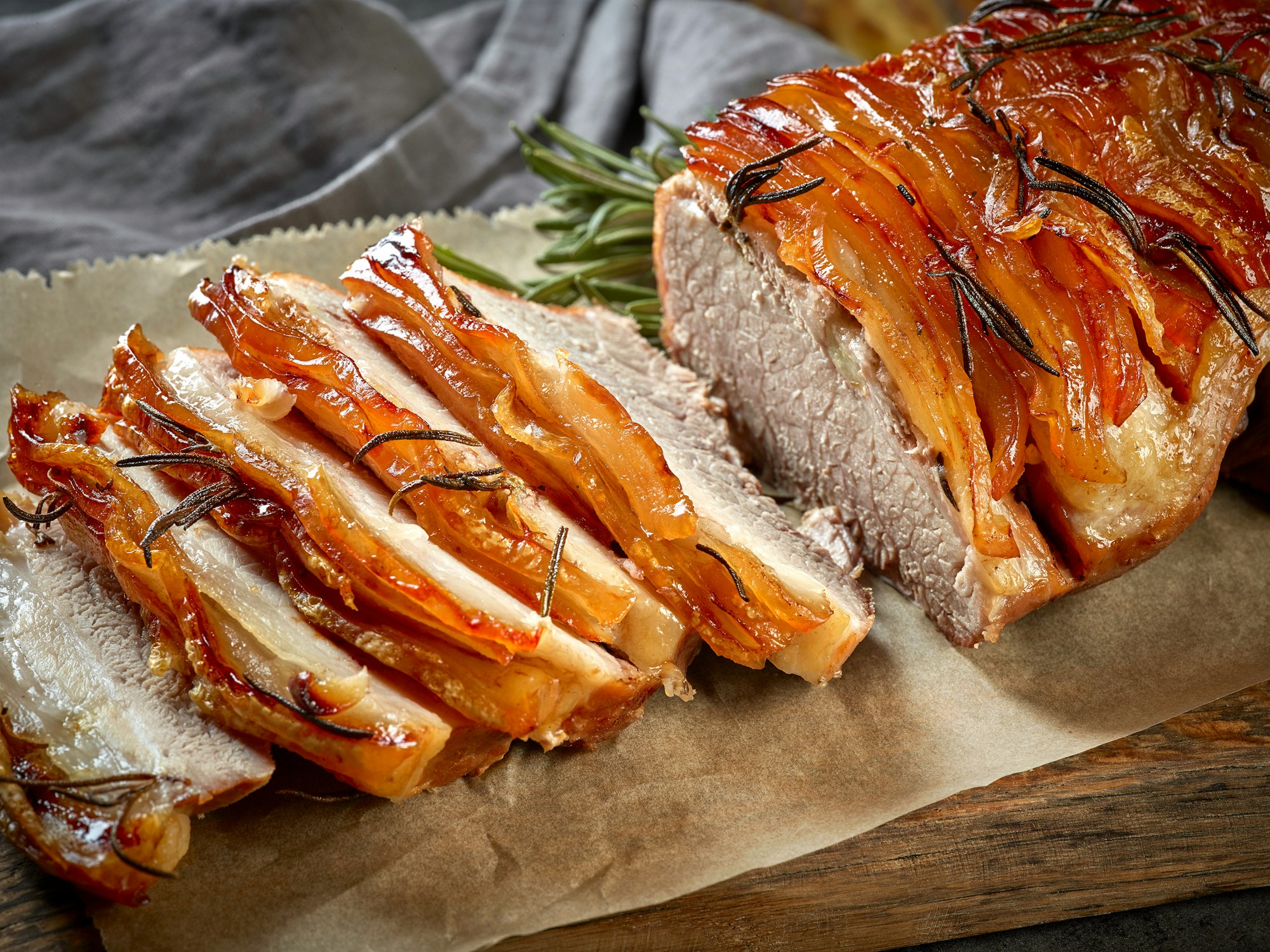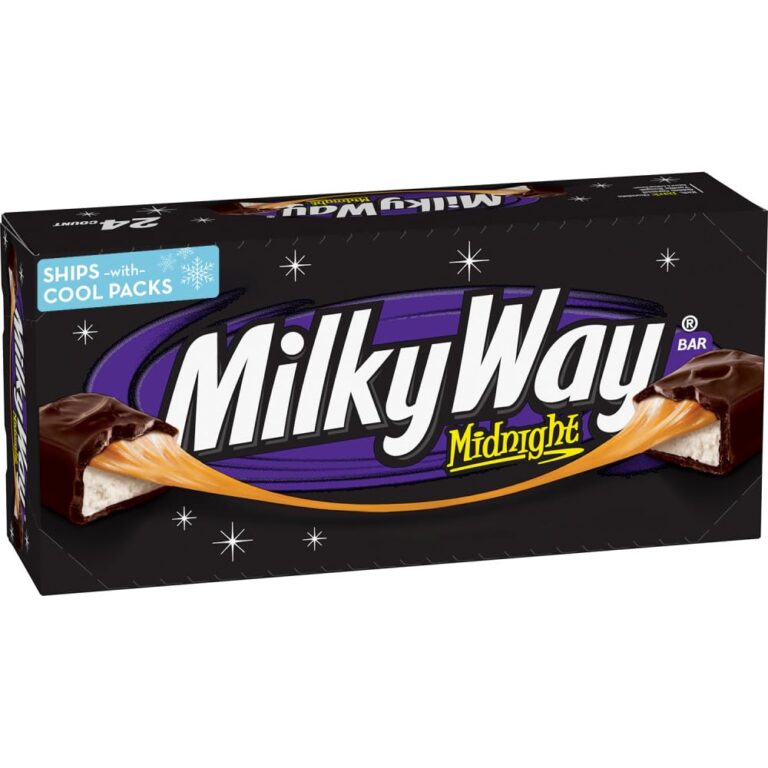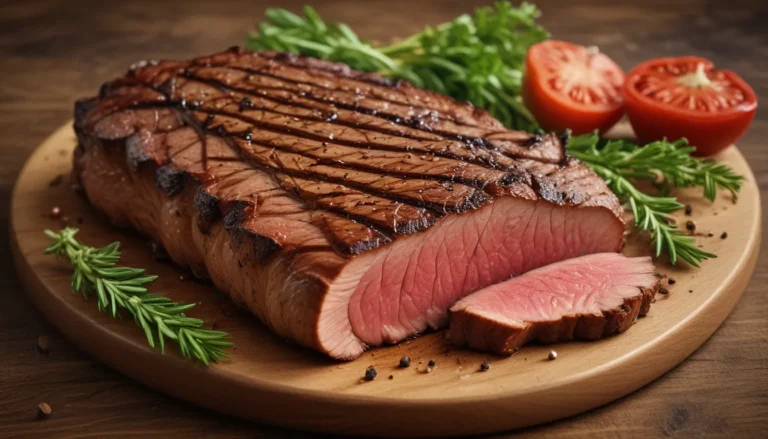The pictures in our articles might not always show exactly what the text is talking about. We use these images to make the article more interesting and eye-catching. They are there to add to the text, but not to replace it or show every detail.
Are you a fan of hearty and delicious main courses? If so, pork roast might be your go-to choice for a satisfying meal. But have you ever wondered about the nutritional value of this succulent dish? In this article, we'll dive deep into the fascinating world of pork roast nutritional facts, shedding light on its macronutrient composition, vitamins, minerals, and potential health benefits.
Whether you're planning a Sunday roast or looking for a protein-packed option to fuel your workouts, understanding the nutritional profile of pork roast can help you make informed decisions about including it in your diet. So, let's embark on this flavorful journey and discover why pork roast might be more than just a tasty treat!
The Protein Powerhouse: Pork Roast Nutritional Facts
Before we delve into the specifics, let's take a quick look at some key nutritional facts about pork roast:
- High protein content: Pork roast is an excellent source of protein, essential for muscle growth and repair.
- Rich in vitamins: It's packed with B-complex vitamins, supporting various bodily functions.
- Mineral-dense: Pork roast provides essential minerals like iron, zinc, and phosphorus.
- Low in carbohydrates: Ideal for those following low-carb or ketogenic diets.
Now, let's explore these nutritional facts in more detail and uncover the potential health benefits of including pork roast in your diet.

1. Protein Perfection: Building Blocks for Your Body
Pork roast is a protein powerhouse, offering approximately 26 grams of protein per 3-ounce serving. This makes it an excellent choice for those looking to increase their protein intake, whether for muscle building, weight management, or overall health.
Why is protein important?
- Supports muscle growth and repair
- Helps maintain a strong immune system
- Contributes to feelings of fullness and satiety
- Assists in the production of enzymes and hormones
2. Vitamin Variety: Boosting Your Overall Health
One of the most impressive pork roast nutritional facts is its rich vitamin content. This flavorful meat is packed with various B-complex vitamins, each playing a crucial role in maintaining your health.
Key vitamins found in pork roast:
- Vitamin B12: Essential for neurological function and red blood cell formation
- Vitamin B6: Supports metabolism and brain health
- Niacin: Aids in energy production and skin health
- Riboflavin: Contributes to cell growth and function
- Thiamine: Important for energy metabolism and nerve function
3. Mineral Magic: Supporting Your Body’s Functions
Pork roast isn't just about protein and vitamins; it's also a great source of essential minerals. These minerals play vital roles in various bodily functions, from bone health to immune system support.
Important minerals found in pork roast:
4. Low-Carb Luxury: Perfect for Carb-Conscious Diets
For those following low-carb or ketogenic diets, pork roast is an excellent choice. With minimal carbohydrates, it allows you to enjoy a satisfying meal without worrying about your carb intake.
Benefits of low-carb options:
- Helps manage blood sugar levels
- Supports weight loss efforts
- Ideal for maintaining ketosis in ketogenic diets
5. Healthy Fats: Not All Fats Are Created Equal
Contrary to popular belief, pork roast can offer healthy fats when consumed in moderation. These fats are essential for various bodily functions and can contribute to overall well-being.
Types of fats found in pork roast:
- Monounsaturated fats
- Polyunsaturated fats
These healthy fats can support heart health and help with the absorption of fat-soluble vitamins.
6. Bone-Building Boost: Strengthening Your Skeletal System
The phosphorus content in pork roast makes it an excellent food for maintaining strong bones and teeth. When combined with calcium from other sources, it can help reduce the risk of osteoporosis and maintain healthy bone density.
How phosphorus supports bone health:
- Works with calcium to form hydroxyapatite, the main structural component of bones
- Helps regulate calcium levels in the body
- Supports proper bone mineralization
7. Amino Acid Array: The Building Blocks of Life
As a complete protein source, pork roast contains all the essential amino acids your body needs. These amino acids are crucial for various bodily functions and cannot be produced by the body itself.
Benefits of essential amino acids:
- Support muscle growth and repair
- Aid in the production of hormones and neurotransmitters
- Contribute to immune function
- Assist in the synthesis of various proteins in the body
8. Brain-Boosting Benefits: Nourishing Your Neurons
Pork roast contains choline, an essential nutrient that plays a vital role in brain development and function. This often-overlooked nutrient is crucial for cognitive health and memory.
How choline supports brain function:
- Aids in the production of acetylcholine, a neurotransmitter important for memory and muscle control
- Supports the structural integrity of cell membranes
- Contributes to fetal brain development during pregnancy
9. Energy Enhancement: Fueling Your Daily Activities
The combination of protein, B vitamins, and minerals in pork roast makes it an excellent energy source. Whether you're hitting the gym or powering through a busy workday, pork roast can help keep you energized.
How pork roast boosts energy:
- Protein provides a steady source of energy
- B vitamins aid in energy metabolism
- Iron helps transport oxygen to cells, supporting energy production
10. Versatile and Delicious: A Culinary Canvas
While not strictly a nutritional fact, the versatility of pork roast in the kitchen is worth mentioning. Its adaptability to various cooking methods and flavor profiles makes it easy to incorporate into a balanced diet.
Popular cooking methods for pork roast:
- Roasting
- Grilling
- Slow cooking
- Braising
Conclusion: Enjoying Pork Roast as Part of a Balanced Diet
As we've explored, pork roast nutritional facts reveal a food that's more than just a tasty centerpiece for your dinner table. It's a nutrient-dense option that can contribute to a well-rounded diet when consumed in moderation. From its high-quality protein content to its array of vitamins and minerals, pork roast offers numerous potential health benefits.
However, it's important to remember that balance is key. Choose lean cuts of pork roast, trim excess fat, and opt for healthier cooking methods to maximize its nutritional benefits. Also, be mindful of portion sizes and complement your pork roast with plenty of vegetables and whole grains for a truly balanced meal.
By understanding these pork roast nutritional facts, you can make informed decisions about including this flavorful meat in your diet. Whether you're looking to boost your protein intake, support bone health, or simply enjoy a delicious meal, pork roast can be a valuable addition to your culinary repertoire.
So, the next time you're planning a meal, consider reaching for that pork roast. With its impressive nutritional profile and versatility in the kitchen, it might just become your new favorite healthy indulgence!






